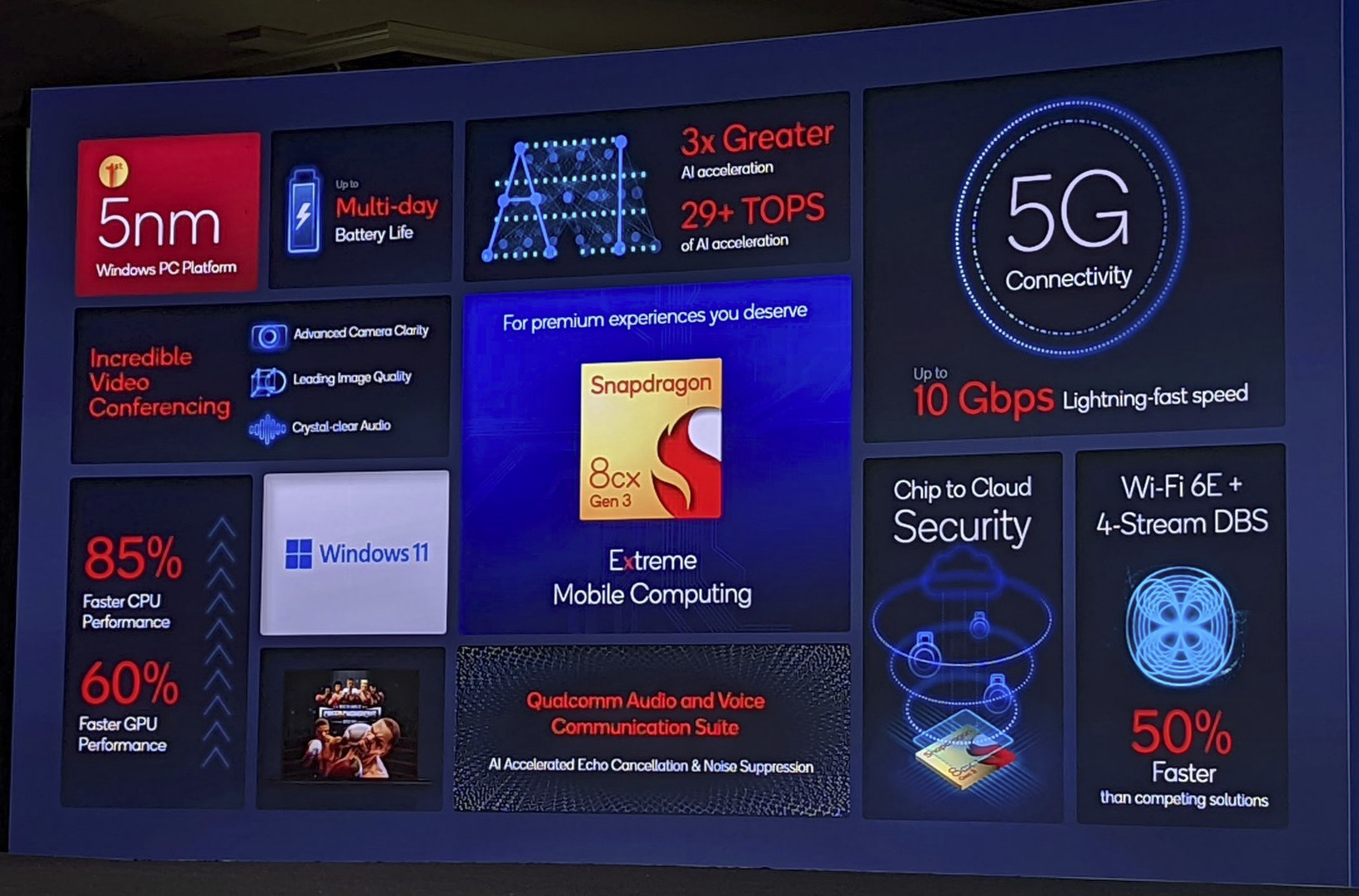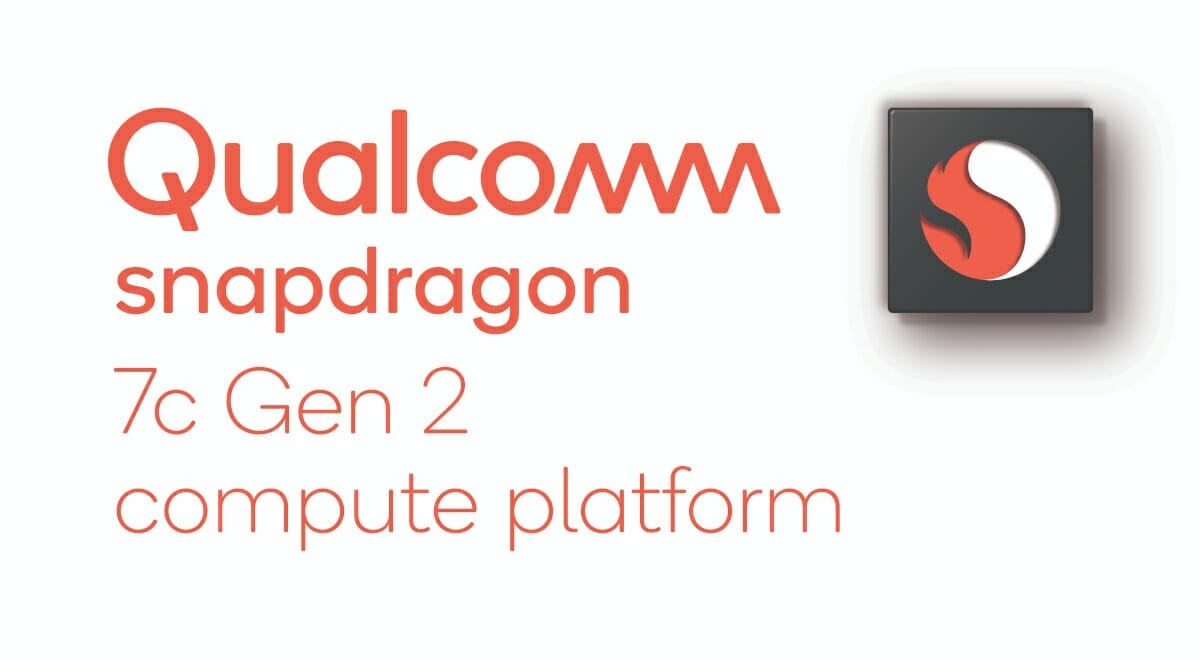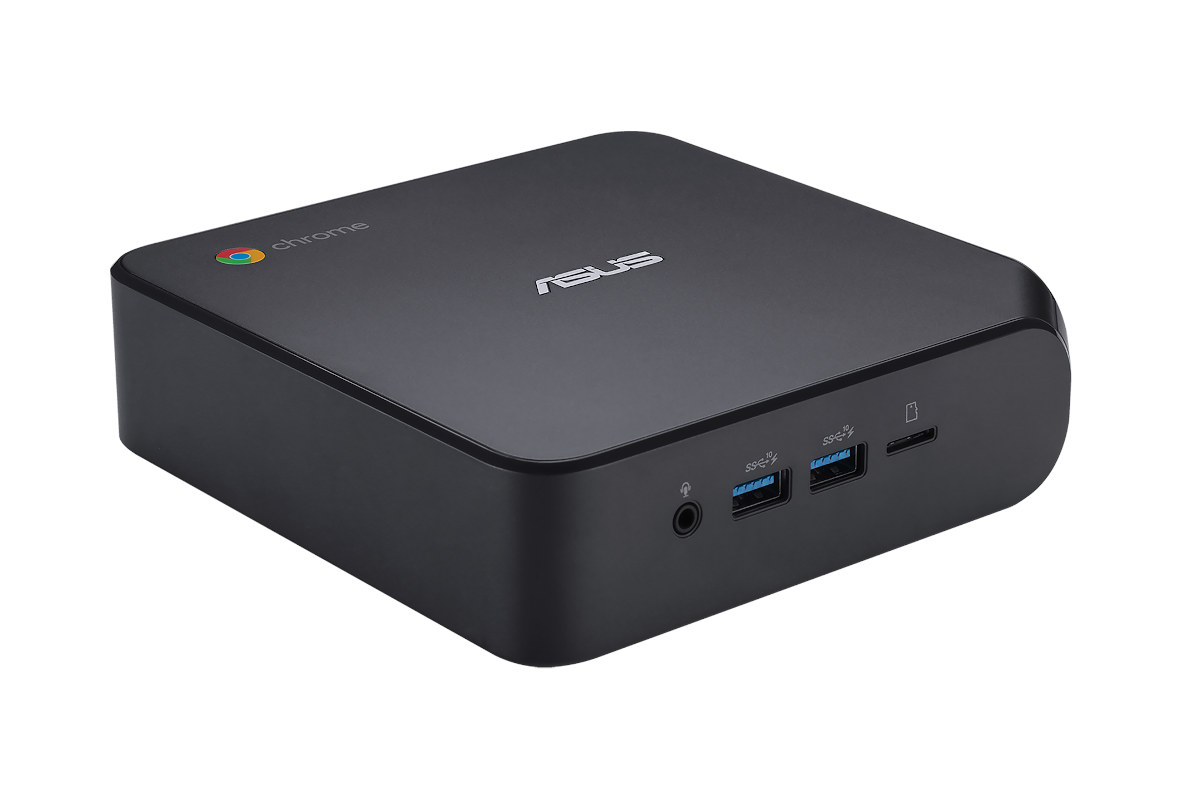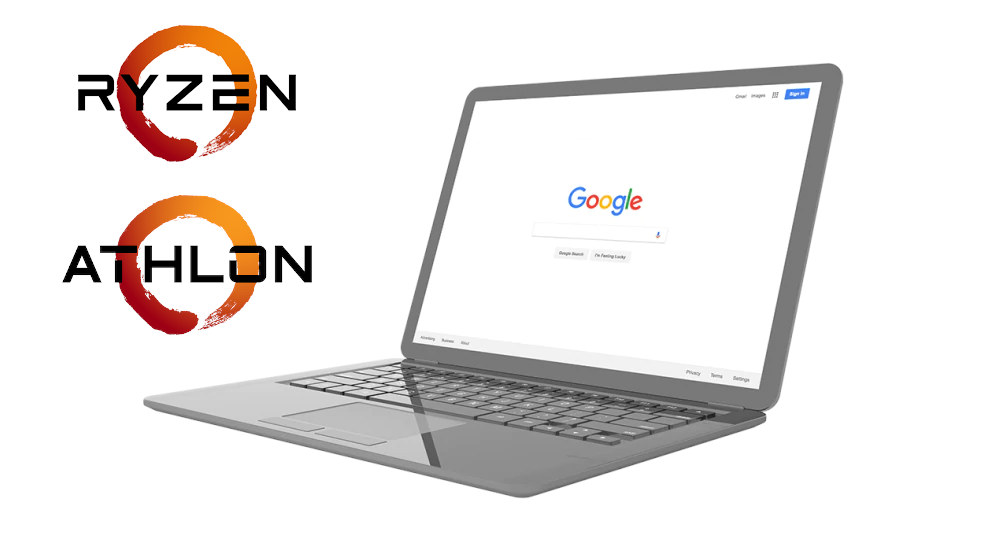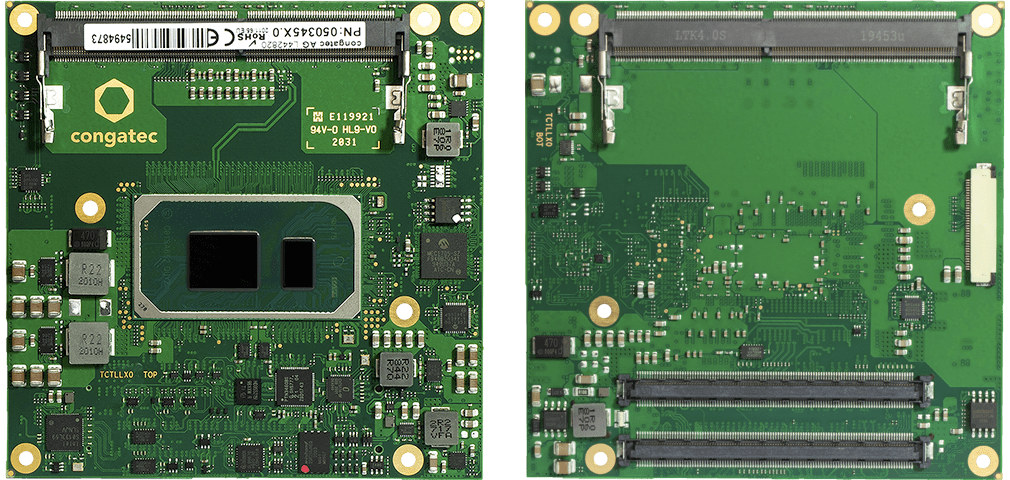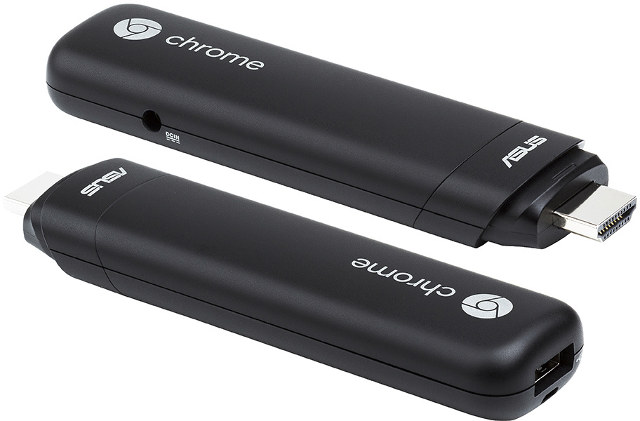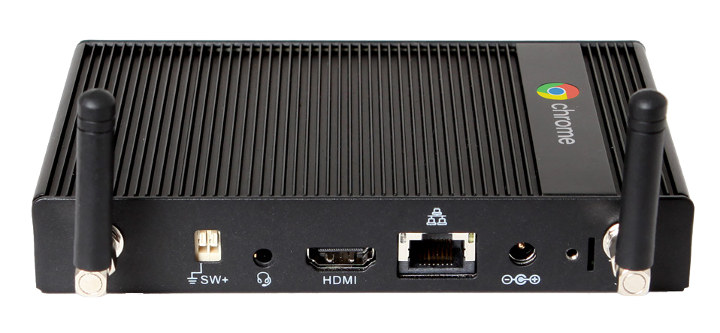Qualcomm has introduced the third generation of the Snapdragon 8cx and 7c compute platforms with the high-end 5nm Snapdragon 8cx Gen 3 processor offers up to 85% faster CPU and 60% faster GPU performance compared to Snapdragon 8cx Gen 2, while the Snapdragon 7c+ Gen 3, designed for entry-level and mid-range laptops and Chromebooks, is said to gain up to 60% CPU performance and achieve up to 70% faster GPU performance uplift compared to the Snapdragon 7c Gen 2. Snapdragon 8cx Gen 3 Qualcomm Snapdragon 8cx specifications: CPU – Qualcomm Kryo 64-bit CPU. Details based on Anandtech live blog from the Snapdragon Tech Summit: 4x 3.0 GHz Prime cores 4x 2.4 GHz Efficiency Cores 14MB Total Cache (8MB L3+6MB System cache) Performance: +40% for single-thread, +85% for multi-thread GPU – Unnamed Adreno GPU with DirectX 12 (DX12) API support DSP – Qualcomm Hexagon Processor, Qualcomm Sensing Hub AI – Qualcomm […]
Qualcomm unveils Snapdragon 7c Gen 2 SoC for laptops and Chromebooks
Qualcomm’s Snapdragon 7c Gen 2 SoC for entry-level laptops and Chromebooks follows the steps of the Snapdragon 7c processor with a slightly higher frequency for the Kryo 468 cores, leading to a 6% performance improvements. As we’ll see below, most of the specifications are exactly the same, except the built-in Snapdragon X15 LTE modem is now listed as supporting LTE Cat 14 up to 600 Mbps, instead of LTE Cat 15 up to 800 Mbps, and UFS downgraded to UFS 2.1 from UFS 3.0. Snapdragon 7c Gen 2 specifications: CPU – Octa-core Kryo 468 (Cortex-A76) processor up to 2.55 GHz GPU – Unnamed Qualcomm Adreno GPU (Note: Snapdragon 7c had Qualcomm Adreno 618 GPU) DSP – Qualcomm Hexagon 692 DSP Memory – 2x 16-bit LPDDR4x-4266 Storage – eMMC 5.1, UFS 2.1 Display On-device display up to QXGA (2048 x 1536) @ 60 Hz External display up to QHD (2560×1440) @ […]
ASUS Chromebox 4 features Intel Comet Lake processor, WiFi 6, up to 16GB RAM
Chrome OS devices, be it Chromebook laptops, Chomebox mini PCs, or Chromebit PC sticks, used to be relatively low-cost devices designed to run the Chrome browser. But over the years. the versatility of the platform has increased with more powerful, yet still with low-power consumption, hardware, and improved software with support for Android apps, the Google Play Store, and even Linux programs. ASUS Chromebox 4 mini PC should be able to handle all those tasks pretty well, thanks to a choice of Intel Comet Lake processors ranging from a dual-core Intel Celeron 5205U to a quad-core Core i7-10510U with up to 16GB RAM, 64GB eMMC flash, and an M.2 socket that will be fitted to either 128GB or 256GB SATA SSD. The device offers Gigabit Ethernet and WiFi 6 connectivity, also has the ability to drive up to three displays thanks to two HDMI 2.0 ports, and a USB 3.2 […]
AMD Launches Chromebook-Optimized Ryzen and Athlon 3000 C-Series Mobile Processors
After unveiling Athlon 3000-series of 15W mobile processors earlier this year, AMD has now announced Chromebook-optimized mobile processors with AMD Ryzen and Athlon 3000 C-Series family. Designed in collaboration with Google, the new AMD mobile “Zen” processors deliver up to 178% faster web browsing and 212% better performance for multitasking and content creation compare to the previous generation AMD A6-9220C powered Chromebooks. There are currently five 15W Ryzen/Athlon 3000 C-Series processors for Chromebooks. All processors are manufactured with a 12nm CMOS processor and look to be based on existing AMD U-series processors namely AMD Ryzen 7 3700U, 5 3500U, Ryzen 3 3250U, Athlon Gold 3150U, and Athlon Silver 3050U. All basic parameters are the same on AMD Chromebook-optimized processors, and it’s unclear to me what the differences are exactly. AMD also reported other performance metrics around with AMD Ryzen 7 3700C Mobile Processor offering up to 251% better graphics performance, […]
Congatec Unveils COM Express & COM-HPC Tiger Lake Computers-on-Module
Intel Core “Tiger Lake” processors designed for ultra-thin laptops have just been officially launched together with some laptop announcements. But Tiger Lake processors will find their way into embedded applications as well, with Congatec announcing conga-TC570 COM Express Type 6 Compact module and conga-HPC/cTLU COM-HPC high-performance module both featuring Intel Tiger Lake-UP3 (12W to 25W TDP) processors. conga-TC570 Tiger Lake COM Express Module Specifications: SoC – Intel Core i3/i5/i7 Tiger Lake-UP3 processor with up to 96 EU Intel Iris Xe graphics; 12W-28W configurable TDP System Memory – Up to 2x SO-DIMM sockets for DDR4 memory modules up to 32 GB each with 3200 MT/s ECC and non-ECC supported Networking – Intel i225 Gigabit Ethernet controller with TSN support COM Express board-to-board connectors with 440 pins Video Output – HDMI 2.0/2.1, DP 1.4, MIPI D-PHY 2.1; up to 4x independent display unit (4x 4K or 2x 8K) Storage – 2x SATA […]
ASUS Chromebit CS10 Chrome OS PC Stick Sells for $69.99 (Promo)
ASUS Chromebit CS10 was the cheapest Chrome OS hardware when it launched in 2015. Equipped with a Rockchip RK3288-C quad-core processor coupled with 2 GB RAM and 16 GB eMMC. plus one HDMI port and one USB port it was offered for $85. Five years later it’s still available, and while the list price has slightly increased to $89, Chromebit CS10 is now offered for just $69.99 on Amazon US. Here’s a reminder of ASUS Chromebit CS10 specifications: SoC – Rockchip RK3288-C quad-core Cortex A17 processor with ARM Mali-T764 GPU. System Memory – 2 GB LPDDR3 Storage – 16 GB eMMC flash, plus 100G Google Drive for 2 Year free usage (not sure if this is still an option as we’ll discuss below) Video Output – HDMI Connectivity – Dual-band 802.11 2×2 (MIMO) a/b/g/n/ac WiFi 5, Bluetooth 4.0 USB – 1x USB 2.0 host port, 1x micro USB OTG port […]
AOPEN Chromebox Mini is Designed for Digital Signage and Kiosks
Most ChromeOS devices are designed for either the consumer or educational markets, but Google’s operating system can also be used for commercial applications such as digital signage. A cheap way to set up a ChromeOS based digital is to get a ChromeBit (around $100 used) and install one of the Digital Signage apps for the OS. But as I checked out Linux 5.4 changelog, I came across AOPEN Chromebox Mini (codename Fievel) powered by a Rockchip RK3288 processor and described as an “enterprise-ready” Chromebox for 24/7 operation as digital signage or kiosk. AOPEN Chromebox Mini specifications: SoC – Rockchip RK3288C quad-core Cortex-A17 processor @ up to 1.8GHz with Arm Mali-T764MP GPU clocked at up to 600 MHz System Memory – Dual-channel 4GB LPDDR3 Storage – 16GB eMMC 5.0 flash Video Output – HDMI up to 1080p60 Audio – 1x combo jack with Line out/Line in Connectivity – Gigabit Ethernet, WiFi […]
How to Sandbox an arm64 GCC on aarch64 Hardware with armv7 Userspace
CNXSoft: Guest post by Blu about setting up arm64 toolchain on 64-bit Arm hardware running a 32-bit Arm (Armv7) rootfs. Life is short and industry progress is never fast enough in areas we care about. That’s an observation most of us are familiar with. One would think that by now most aarch64 desktops would be running arm64 environments, with multi-arch support when needed. Alas, as of late 2019, chromeOS on aarch64 is still shipping an aarch64 kernel and an armhf userspace. And despite the fine job by the good folks at chromebrew, an aarch64 chromeOS machine in dev mode ‒ an otherwise excellent road-warrior ride, is stuck with 32-bit armhf. Is that a problem, some may ask? Yes, it is ‒ aarch64 is the objectively better arm ISA outside of MCUs, from gen-purpose code to all kinds of ISA extensions, SIMD in particular. That shows in contemporary compiler support and […]


